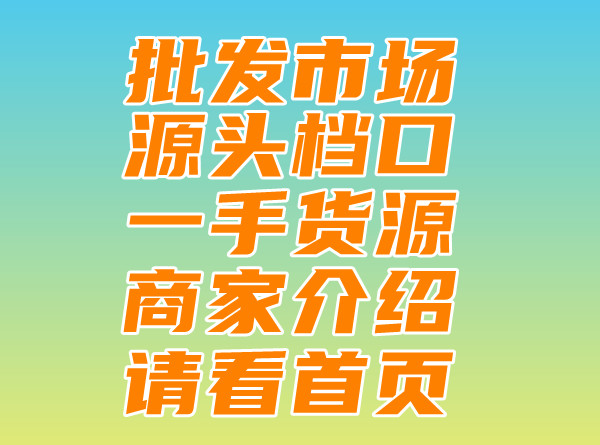Luxury Replicas: Is It Legal or Illegal?
Luxury Replicas: Is It Legal or Illegal?,
Luxury Goods Replication: Legal or Illegal?
The issue of luxury goods replication has become a highly debated topic in recent times. With the rise of globalization and the ever-growing demand for luxury items, the market for replicas has also expanded. However, the legality of such replica production is often questioned and analyzed. This article will explore the legal implications of luxury goods replication.
What Constitutes Luxury Goods Replication?
Luxury goods replication involves the production of items that closely resemble authentic luxury products. These replicas may share similar design elements, materials, and overall aesthetics but are not genuine. Often, the replication process involves the unauthorized use of original designs or trademarks.
Legal Considerations
The legality of luxury goods replication depends largely on the circumstances surrounding its production and sale. In many countries, the unauthorized production and sale of goods that infringe on intellectual property rights, such as trademarks or designs, are illegal. This is because intellectual property laws protect the original creators' rights to their designs and trademarks.
If a replica manufacturer or seller produces goods without obtaining proper authorization from the brand owner or uses designs that are identical to those protected by intellectual property rights, it could be considered an infringement of those rights. Such behavior may result in legal action by the rights holders and potentially face penalties like fines or even imprisonment.
Grey Area of the Law
However, there is a gray area in the law regarding luxury goods replication. Some replicas may not directly infringe on intellectual property rights but still closely resemble genuine products. In such cases, the legality depends on factors like the degree of similarity to the original product, the use of trademark symbols or names, and whether the seller tries to pass off the replica as an original.
Moreover, some countries have different laws and regulations regarding luxury goods replication. Therefore, it becomes crucial for manufacturers and sellers to be aware of local laws and regulations to avoid any legal complications.
Conclusion
In conclusion, the legality of luxury goods replication depends on various factors, including the circumstances surrounding its production and sale, the degree of similarity to original products, and compliance with intellectual property laws. While some countries have clear regulations against unauthorized replication, others have a more lenient approach. Therefore, it is essential for all parties involved in this industry to carefully navigate the legal landscape to avoid any legal pitfalls.

- "Balmain Style Replica Bags: High-End Fashions Imitated"
- Coach Men's双肩包经典复刻系列 或者简化为: Coach双肩男包复刻精选
- Supreme LV backpack replica: The ultimate fashion trend revival.
- Price Gap between Replica Bags and Authentic Products
- Sanrio Replica Bags Prices: Exploring the Cost of Classic Collection Revival
- "Loewe Vintage Bag Replication: A Look into the Craftsmanship"
- Top Platforms to Buy Replica Bags: Your Ultimate Guide to Shopping Options.
- Buying Replica Bags with WeChat Transfer: A Guide


